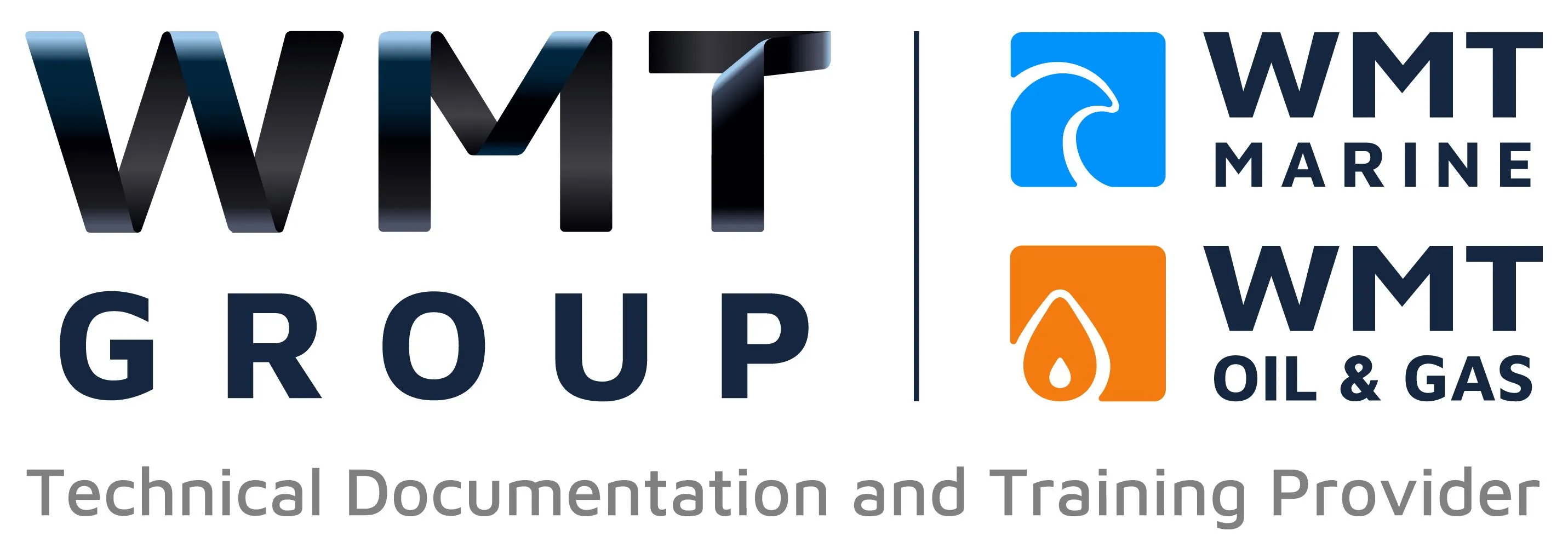How to Improve Marine Industry Operations with Technical Documentation
The marine industry is a complex and highly regulated field, requiring precision, efficiency, and compliance at every turn. One often overlooked but crucial aspect of maintaining and improving operations within this sector is the use of technical documentation.
Properly developed and maintained technical documentation can be a game-changer, streamlining processes, enhancing safety, and ensuring regulatory compliance. In this blog, we'll explore how technical documentation can significantly improve marine industry operations.
1. Ensuring Compliance with Regulations
The marine industry is governed by a multitude of regulations, including those from the International Maritime Organization (IMO), classification societies, and national maritime authorities. Compliance with these regulations is non-negotiable, as failure to adhere can lead to severe penalties, operational downtime, and even the loss of a vessel's certification.
Technical documentation serves as the backbone of compliance. Manuals, operation procedures, and maintenance schedules must all be meticulously documented and kept up to date to meet regulatory standards. With accurate and detailed documentation, companies can quickly demonstrate compliance during inspections and audits, reducing the risk of non-compliance and associated penalties.
2. Enhancing Safety and Reducing Risks
Safety is paramount in the marine industry. From the operation of complex machinery to the handling of hazardous materials, every aspect of marine operations involves inherent risks. Technical documentation plays a vital role in mitigating these risks by providing clear instructions, procedures, and safety protocols.
Well-drafted operation manuals and safety guidelines ensure that crew members are fully informed about the correct procedures to follow in both routine and emergency situations. This reduces the likelihood of accidents and incidents, safeguarding both personnel and assets.
3. Streamlining Maintenance and Repairs
Maintenance is a critical component of marine operations. Vessels and their systems must be regularly maintained to ensure optimal performance and longevity. Technical documentation is essential for streamlining maintenance processes by providing detailed instructions, parts lists, and troubleshooting guides.
Accurate and comprehensive maintenance manuals enable technicians to carry out repairs and servicing efficiently, reducing downtime and preventing costly breakdowns. Furthermore, having up-to-date records of maintenance activities ensures that all work is documented and traceable, which is particularly important for audits and warranty claims.
4. Facilitating Training and Onboarding
The marine industry faces a continuous challenge in training new personnel and keeping existing crew members up to date with the latest technologies and regulations. Technical documentation is an invaluable resource for training and onboarding, providing a consistent and reliable source of information.
Training manuals, operation guides, and standard operating procedures (SOPs) serve as reference materials for new hires, helping them to quickly get up to speed with their responsibilities. For experienced crew members, these documents provide a way to refresh their knowledge and stay current with industry standards.
5. Supporting Innovation and Technology Integration
The marine industry is constantly evolving, with new technologies and innovations being introduced to improve efficiency, safety, and environmental sustainability. Integrating these technologies into existing operations requires precise and detailed technical documentation.
Whether it's the installation of a new navigation system, the implementation of automated processes, or the adoption of alternative fuels, having clear and accurate documentation is crucial. This ensures that the technology is properly understood, correctly implemented, and maintained according to the manufacturer's specifications.
Conclusion
In the ever-changing landscape of the marine industry, technical documentation is more than just a requirement; it's a strategic asset. By investing in high-quality documentation, marine companies can ensure regulatory compliance, enhance safety, streamline maintenance, support training, and facilitate the integration of new technologies. In turn, these improvements lead to more efficient and profitable operations.
For those looking to improve their marine operations, the importance of technical documentation cannot be overstated. It's the key to unlocking better performance, reduced risks, and sustained success in a highly competitive industry.

